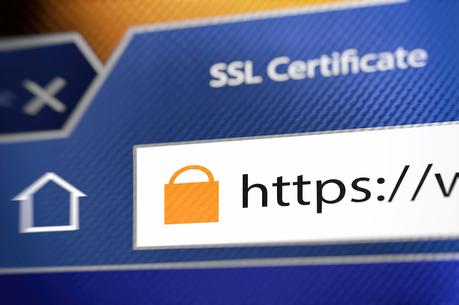

If you own or are involved in managing a website, you've probably heard the term "SSL." SSL stands for Secure Sockets Layer, and it's how websites keep prying eyes and malevolent minds away from sensitive customer information.
SSL is an encryption technique that was developed by Netscape a few decades ago. According to SSL Shopper, "SSL creates an encrypted connection between your web server and your visitor's web browser allowing for private information to be transmitted without the problems of eavesdropping, data tampering or message forgery."
It's easy to use SSL on your website. For a modest fee, you license an SSL Certificate and install it on your website server. SSL-protected websites commonly show a padlock symbol or green address bar. Once properly in place, SSL switches your URL from //:http to //:https - signifying it's a secure site.
OK, but who really needs an SSL Certificate? SSL Shopper says it clearly and succinctly: "...if your website is a collection of pictures of your goldfish Rudy with a small blog and doesn't require visitors to log in, you probably don't need SSL. If you have a login form or send or receive private customer information, then you need SSL. If you run an e-commerce website where people provide you with credit card information directly on your site, you absolutely need SSL."
Ready to purchase an SSL Certificate? Consider your options. Depending on the type of site or sites you run, you could potentially need a different SSL certificate. Here are four ways to go:
- Wildcard SSL Certificate
- Extended Validation SSL Certificate
- SAN SSL Certificate
- Organization Validation SSL Certificate
Please remember this. If you think your site is too small to worry about SSL, think again. As RuthAnn Hogue writes, "No site is too small to get hacked. A web creepy crawly doesn't care how big you are or what you do for a living. They have one goal, and that is to find vulnerabilities."
Part of a thoughtful website experience. Besides offering security for website visitors, providing SSL can play an important role in your overall user experience strategy.
Other related reads:
What customers expect from a small business website
What to avoid
Last modified: November 13, 2017
